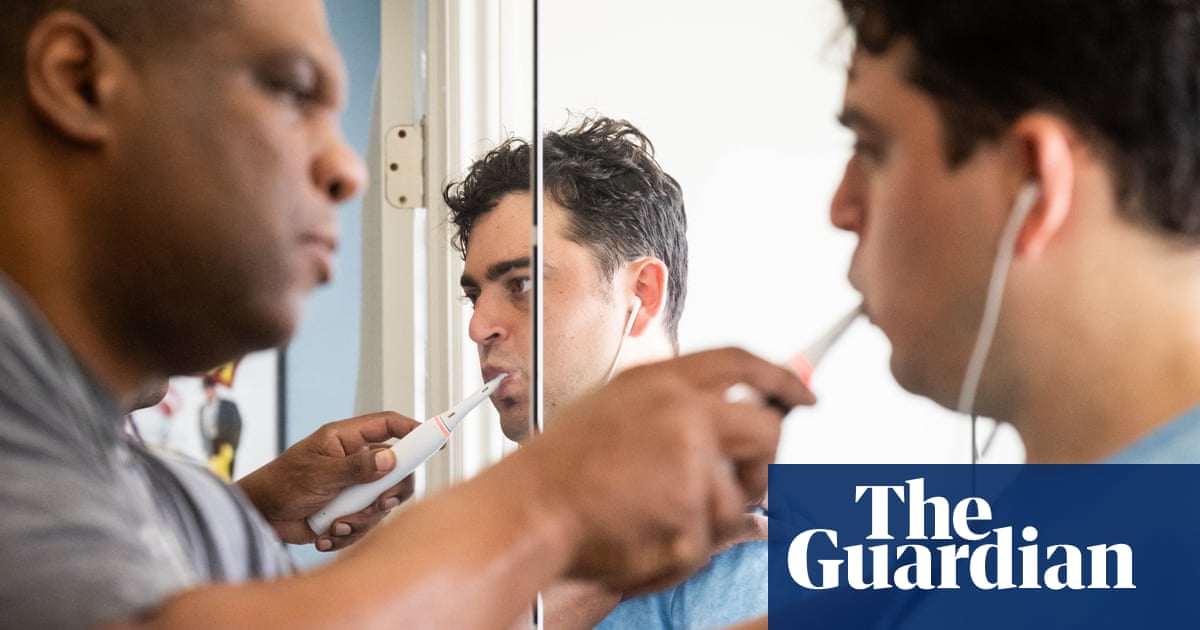
"Caregiver to spouse, Bruce Goguen (72), and daughter Tiffany Zimenoff (42) Bolduc's husband is a full quadriplegic and uses a ventilator to breathe due to primary progressive MS. Her daughter has Down's syndrome with multiple underlying medical conditions. Both Bruce and Tiffany use home health services. Bruce lives with me and requires 24/7 line-of-sight care, Bolduc says, noting that Medicaid pays for her husband's attendant care, as well as disposable medical supplies and medical equipment such as a wheelchair, ventilator, oxygen and shower chair."
"Bolduc's daughter Tiffany lives in her own apartment with a live-in caregiver also paid through Medicaid. In a typical month, she has multiple doctor appointments and several outpatient medical procedures which are generally primarily paid through Medicare, but the co-pays are paid through Medicaid. (People who have both Medicare and Medicaid coverage are considered dually eligible and Medicare acts as the primary insurance.) Medicaid allows her to work, live independently and be a participating member of her community, says Bolduc."
"In Colorado, we have more support for family caregivers than many states. Unfortunately, many families do not have access to all the resources available. It is often a maze of bureaucracy to access. Robin Bolduc with her husband, Bruce Goguen, and daughter Tiffany Zimenoff. Photograph: Courtesy of Robin Bolduc Bolduc estimates that she spends at least eight to 10 hours a month dealing with insurance and paperwork, sometimes providing the same information to multiple systems. She also sometimes must go through the appeals process as a result of administrative mistakes on the part of one or more agencies, and must get recertified every year."
Bruce Goguen, 72, is a full quadriplegic who uses a ventilator due to primary progressive MS and requires 24/7 line-of-sight care at home. Tiffany Zimenoff, 42, has Down's syndrome and multiple medical conditions and lives independently with a Medicaid-funded live-in caregiver. Medicaid pays for attendant care, disposable medical supplies and durable equipment, and covers co-pays for Medicare-covered procedures for dually eligible people. Medicaid support lets individuals remain at home rather than in institutions and participate in community life. Families often face complicated bureaucracy, frequent paperwork, appeals and annual recertification requirements.
Read at www.theguardian.com
Unable to calculate read time
Collection
[
|
...
]